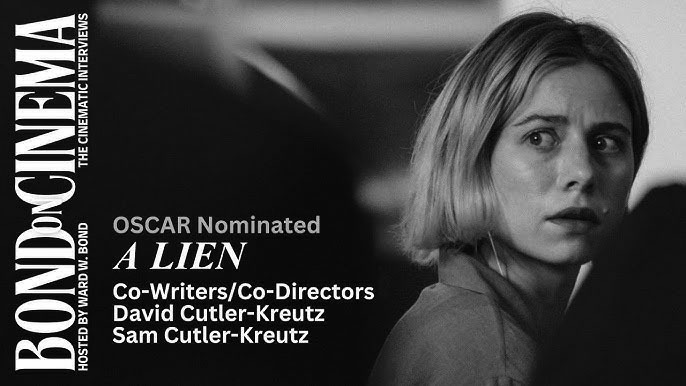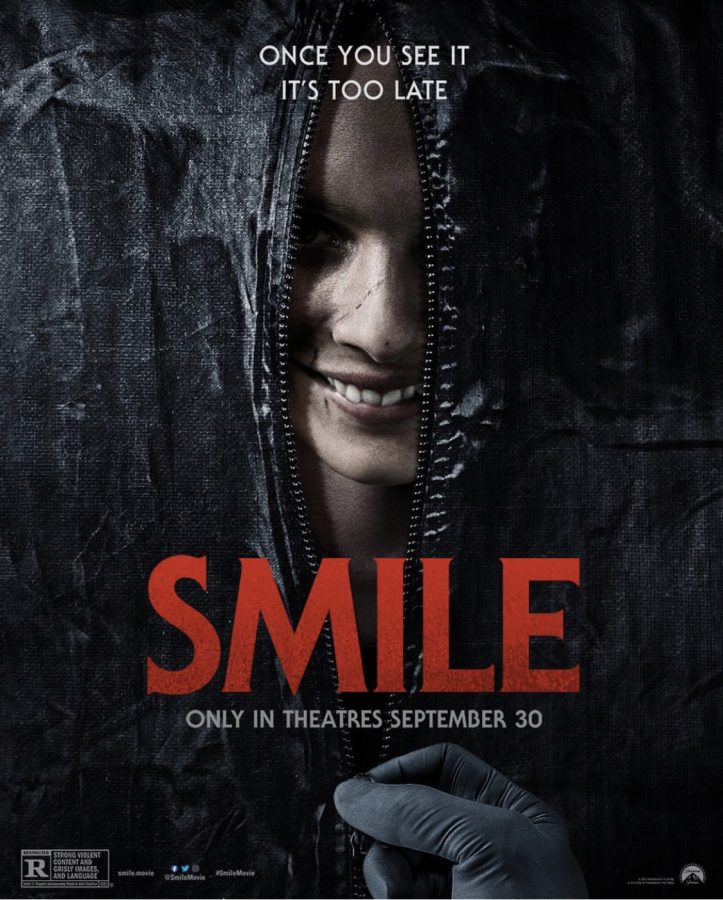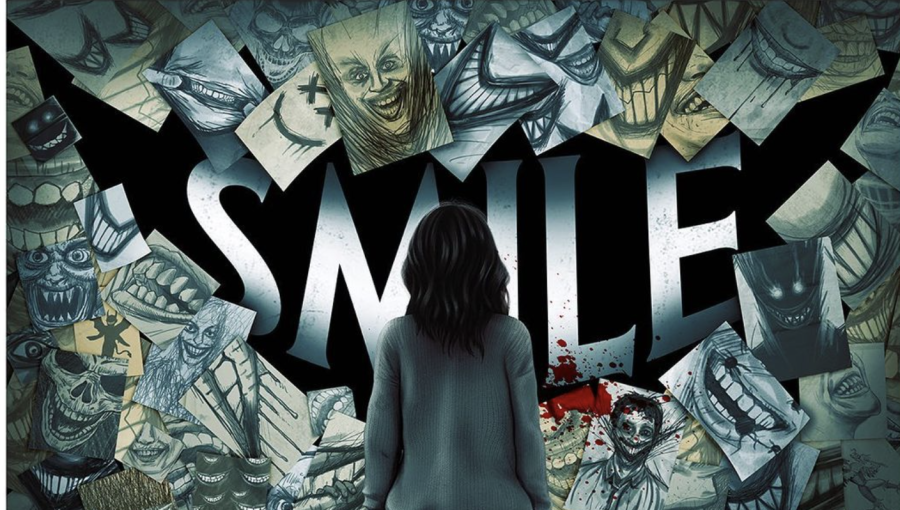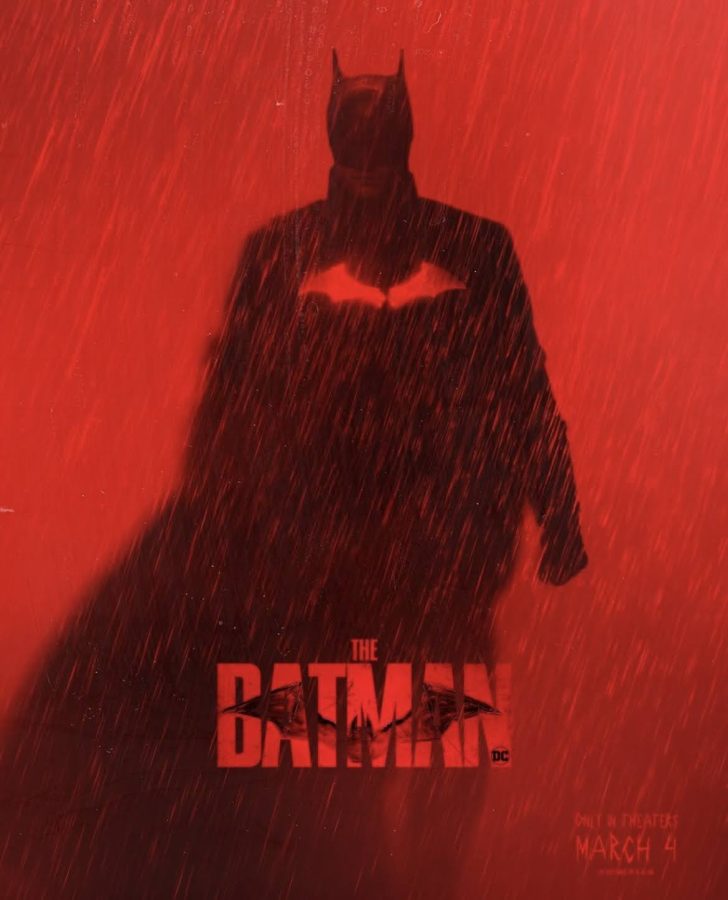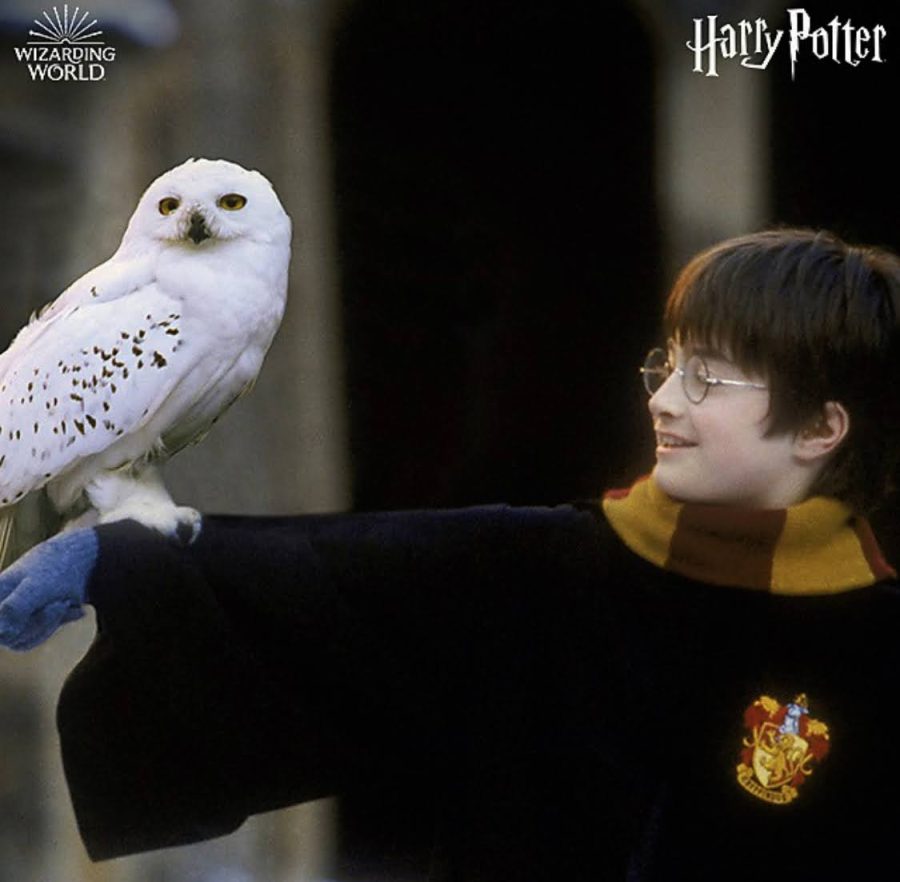LOS ANGELES – These were supposed to be the younger, hipper Academy Awards, the ones that shook up the
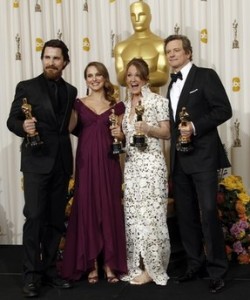
ceremony’s conventions with popular, great-looking emcees in actors James Franco and Anne Hathaway, who were unlike the middle-aged comedians and TV talk-show hosts of years past.
But the results couldn’t have been more traditional, with “The King’s Speech” — a prestigious, impeccably made historical film that cries out “Oscar” with every fiber in its being — winning best picture and three other prizes over more daring, contemporary contenders like “The Social Network” and “Black Swan.”
They also couldn’t have been more predictable. Front-runners in other major categories throughout this long and repetitive awards season also took home trophies from Hollywood’s Kodak Theatre Sunday night: best-actor Colin Firth for “The King’s Speech,” best-actress Natalie Portman for “Black Swan,” and supporting actors Christian Bale and Melissa Leo, both for “The Fighter.” “King’s Speech” director Tom Hooper, who’d already won the Directors Guild Award — an excellent predictor of Oscar success.
Despite multiple attempts to make the Oscars seem current — including an opening montage that inserted Franco and Hathaway in the best-picture nominees, “Inception”-style, and an auto-tune “Harry Potter” spoof — some of the biggest applause and longest standing ovations were for a couple of Academy Awards stalwarts.
Kirk Douglas delighted the crowd as he jokingly tormented the supporting-actress nominees before announcing Leo as the winner. Once she took the stage, the 94-year-old Douglas remarked to her, “You’re much more beautiful than you were in ‘The Fighter’” — but then Leo went on to drop an F-bomb during her acceptance speech. It was a rare unexpected moment — but the censors bleeped it in time.
Later, upon the appearance of Billy Crystal — who hosted the ceremony several times in the 1990s — the audience erupted as one, as if willing him to take over immediately.
Hathaway worked hard to keep the proceedings fun and light, playfully twisting in a fringy gown and joking that everyone at home should take a drink when she flubbed her introduction of last year’s best-actress winner, Sandra Bullock. Franco, who was also a best-actor nominee for the real-life survival story “127 Hours,” had a more laid-back stage presence, as if he’s been working on a sequel to the stoner comedy “Pineapple Express.”
They were even self-deprecating enough to acknowledge early on why they were chosen to lead the 83rd Annual Academy Awards.
“Anne, I must say you look so beautiful and so hip,” Franco greeted her.
“Thank you, James,” Hathaway replied, “you look very appealing to a younger demographic, as well.”
Still, despite their best efforts, the show was short on surprises.
Besides the four Oscars for “The King’s Speech” — picture, director, actor and original screenplay for David Seidler — “Inception” also won four, all in technical categories, as expected: visual effects, cinematography, sound editing and sound mixing. The great Roger Deakins, who was also up for the cinematography prize for the Coen brothers’ “True Grit,” went home empty-handed once again. He’s now 0-for-9.
Among the front-runners in other categories that were winners Sunday night were the latest Pixar blockbuster, “Toy Story 3,” for animated feature and “Inside Job,” about the 2008 economic collapse, for documentary feature.
At least there were some lively, candid moments backstage.
Portman, who’s pregnant with her first child with “Black Swan” choreographer Benjamin Millepied, said she doesn’t know whether she’s having a boy or a girl, but the baby was dancing inside her during the musical numbers.
Firth expressed some frustration over a new cut of “The King’s Speech,” which is being re-released with a PG-13 rating instead of an R. The retooled version softens the cursing from his character, the stuttering King George VI, and makes it accessible to a wider audience.
“I don’t take this stuff lightly, but in the context of this film, it could not be more edifying, more appropriate,” Firth told reporters while holding his trophy backstage. “It’s not vicious, it’s not an insult or it’s not in any of the contexts which might offend people.”
Meanwhile, Aaron Sorkin, winner of the adapted screenplay Oscar for “The Social Network,” had some positive words for Mark Zuckerberg, whose creation of Facebook is the basis for the film. The movie views Zuckerberg from a variety of perspectives and doesn’t always place the young billionaire in the kindest light.
“He’s been an awfully good sport about this. You know, I don’t think there’s anybody here who would want a movie made about things they did when they were 19 years old,” Sorkin said. “And if that movie absolutely, positively had to be made, you would want it made only from your point of view, and you wouldn’t want to include also the points of view of people who have sued you for hundreds of millions of dollars and, you know, had a visceral emotional reaction to you. But that is the movie that we made.”




